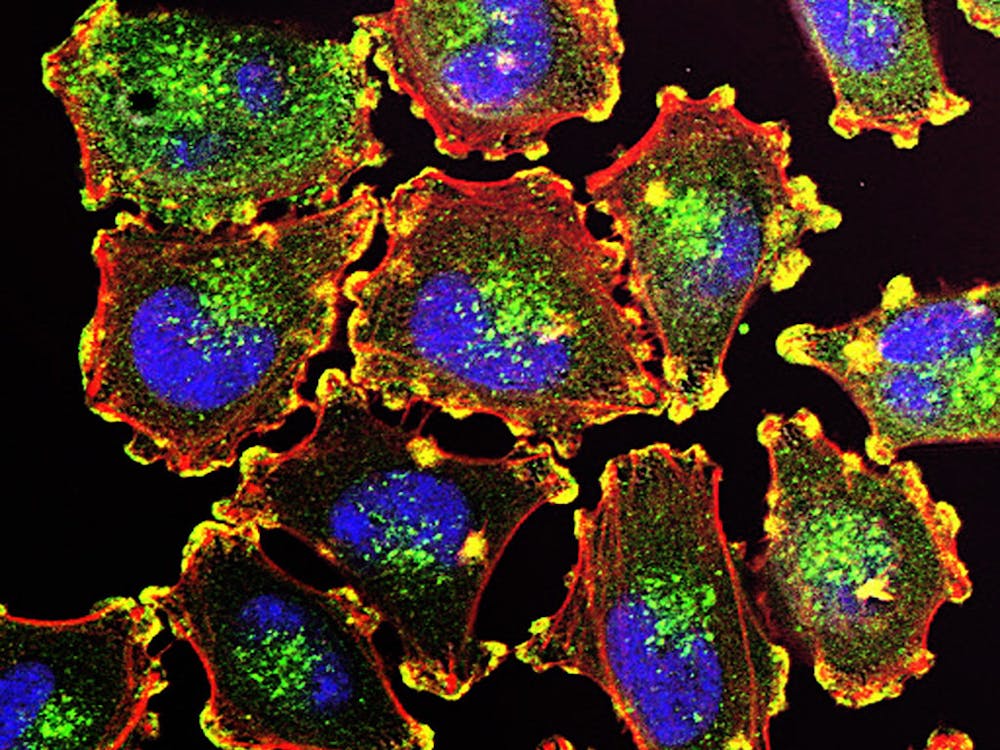In this day and age, there is hardly a need for another reason to pick up a gym membership. The apparent benefits of exercise are seemingly endless, with a number of positive physical and emotional changes associated with taking a bit of time to sweat.
But if an active lifestyle and ideal body proportions are just not enticing enough to make you tie those laces and go out for a run, perhaps a recent study from several institutions may do the job.
Scientists from Australia’s National Institute of Complementary Medicine at Western Sydney University and the Division of Psychology and Mental Health at The University of Manchester in the United Kingdom worked together in an international collaborative effort to pinpoint the effect of aerobic exercise on the hippocampus of the brain.
The hippocampus is found in the medial temporal lobe and separated into right and left hemispheres. Its primary functions involve the conversion of short-term memories to long-term memories as well as spatial memory contributing to navigation. Any damage to this region leads to memory loss and disorientation, and it may be caused by oxygen deprivation.
A shortage of oxygen is quite obviously detrimental to the hippocampus. Yet if the opposite conditions are true and there is an abundance of oxygen, what will happen?
There are two types of exercise — aerobic and anaerobic. Aerobic exercise is defined as having to do with the pumping of oxygenated blood by the heart in order to supply working muscles with oxygen.
Anaerobic exercise, on the other hand, is performed in the absence of oxygen. Therefore aerobic exercise increases the concentration of oxygen in the bloodstream and throughout the body.
Human brains decrease in volume by a factor of five percent per decade after the age of 40. This downsizing plays a vital part in the deterioration of brain health in older adults.
Previous studies in mice and rats have identified a possible solution to this eventual outcome in the ability of physical exercise to reverse the shrinking of the hippocampus.
The study, with researchers from Australia and the United Kingdom, ran 14 clinical trials that produced 737 brain scans both before and after participation in an aerobic exercise trial.
With an age range of 24 to 76 years and an average age of 66 years, the subjects included healthy individuals and people with mild cognitive impairment such as Alzheimer’s and individuals with a clinical diagnosis of mental illnesses such as depression or schizophrenia.
Examples of aerobic exercises that subjects were exposed to included stationary cycling, walking and treadmill running. Particular experiments took anywhere from three to 24 months, with a range of two to five sessions per week.
According to Joseph Firth, lead author and a NICM postdoctoral research fellow, researchers discovered a significant increase in the size of the hippocampus’ left hemisphere, despite there being no change in its total volume.
“When you exercise you produce a chemical called brain-derived neurotrophic factor (BDNF), which may help to prevent age-related decline by reducing the deterioration of the brain,” Firth said in a press release.
The data showed that aerobic exercise can effectively slow down the deterioration of brain size among older individuals. In other words, exercise can maintain the brain’s functions and resist aging.
The right hippocampus is concerned with memory for locations within an environment, and the left hippocampus is concerned with episodic or autobiographical memory.
The increase in volume of the left hippocampus suggests that aerobic exercise may serve as a temporary remedy to memory-related conditions like Alzheimer’s and the detrimental effects of ageing as a whole.























Please note All comments are eligible for publication in The News-Letter.